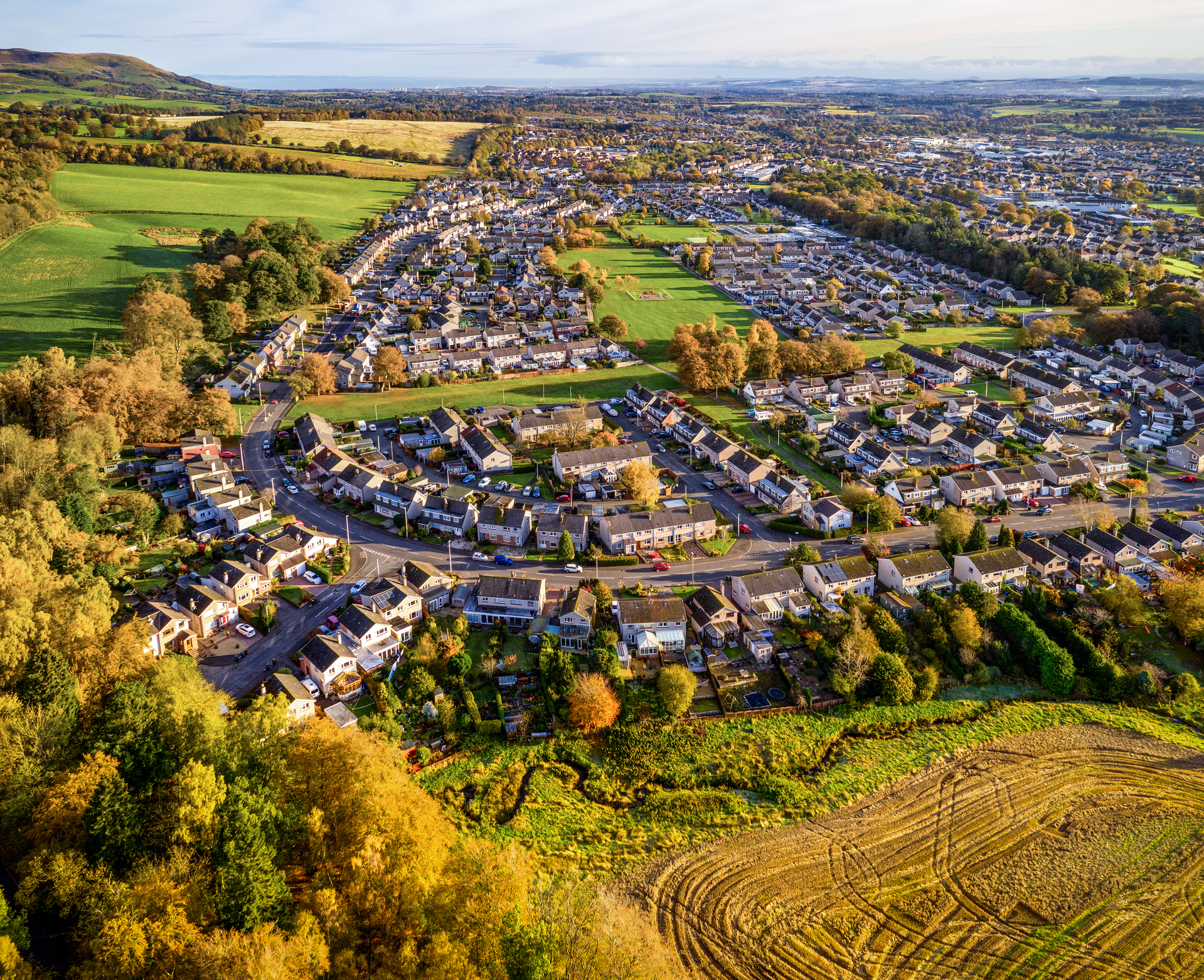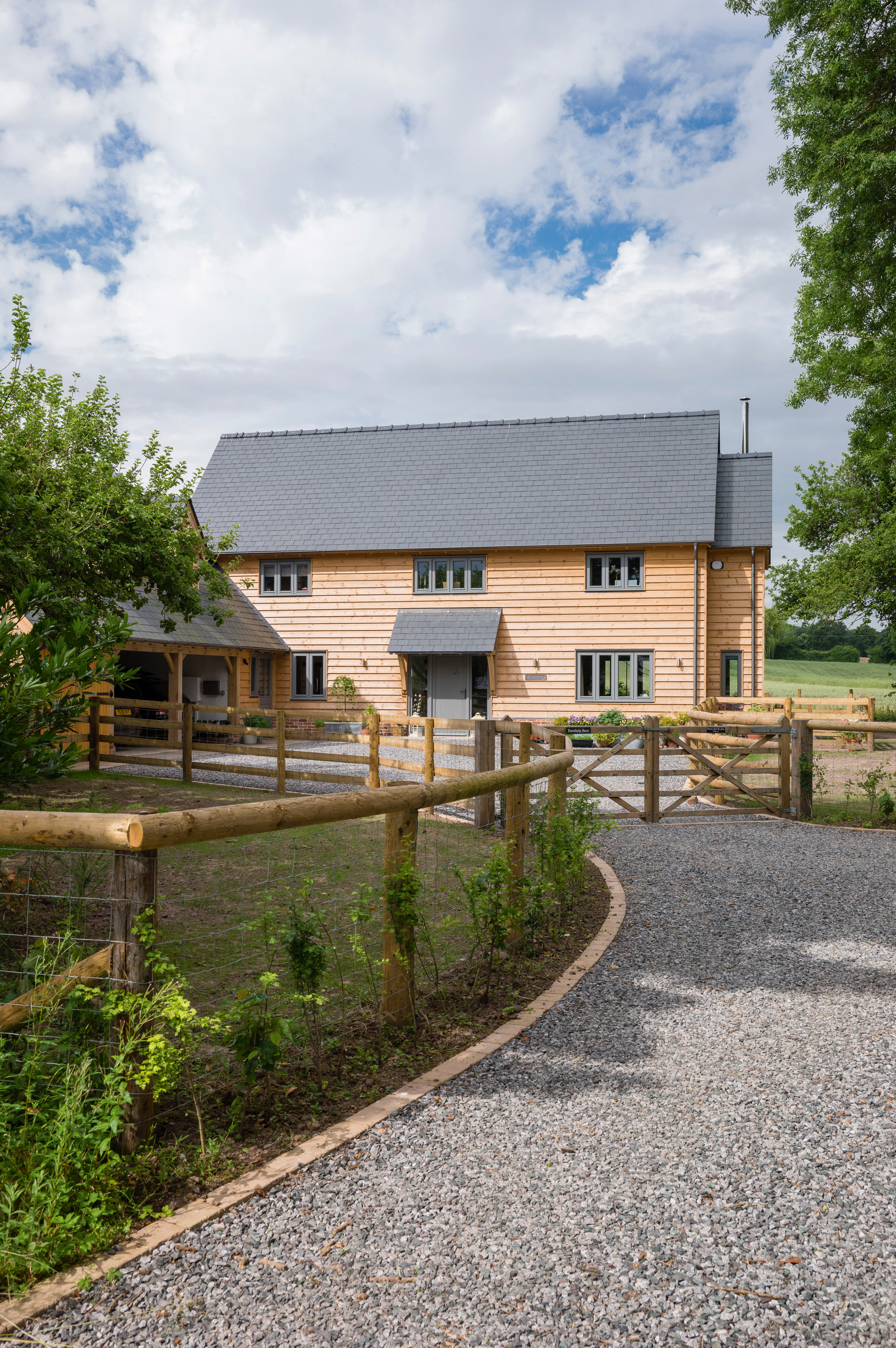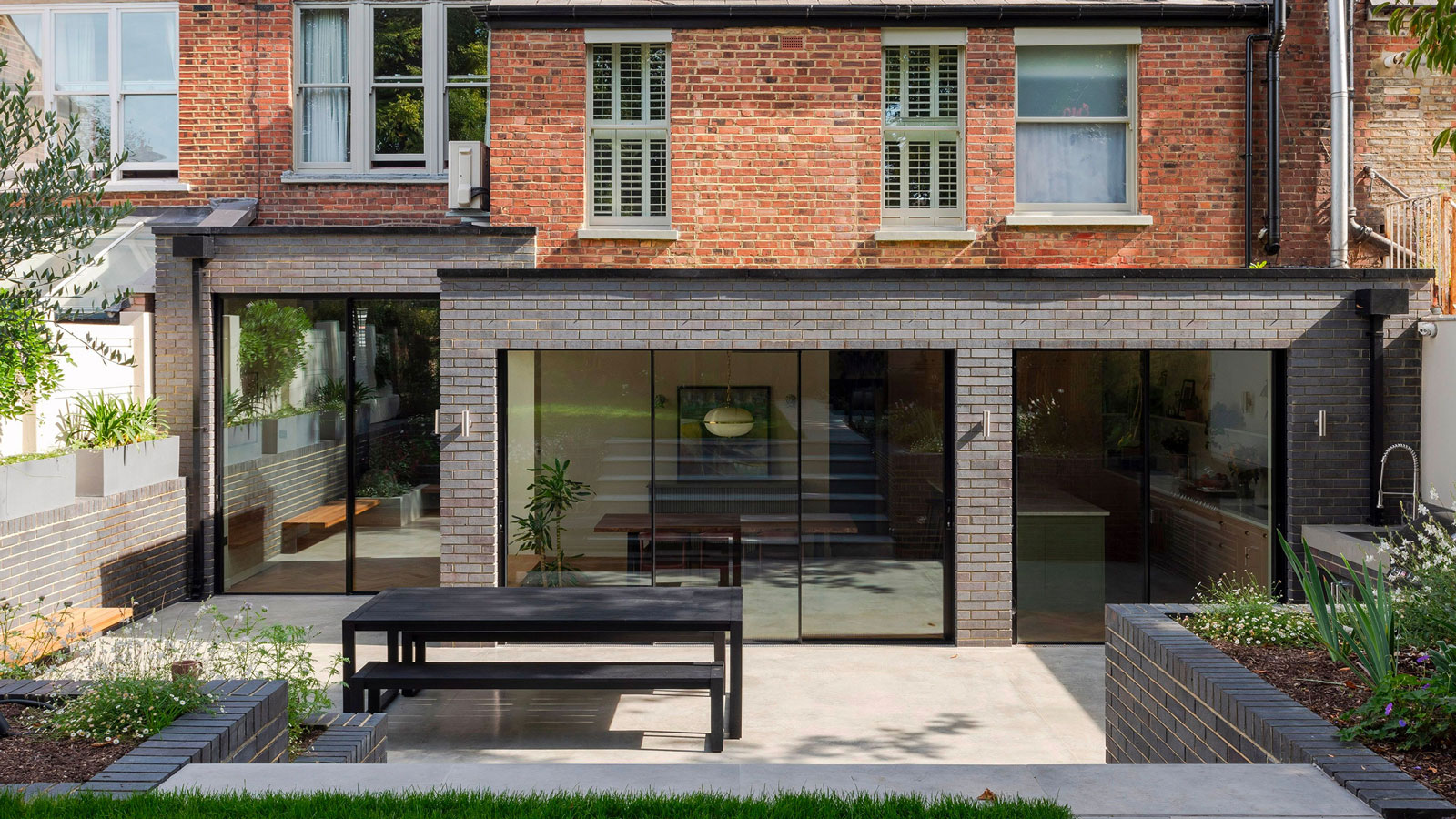How to Win Over Your Parish Council
This guide explains why getting your parish or town council on side could make all the difference when applying for permission for a new home or extension

Bring your dream home to life with expert advice, how to guides and design inspiration. Sign up for our newsletter and get two free tickets to a Homebuilding & Renovating Show near you.
You are now subscribed
Your newsletter sign-up was successful
When you make a planning application, it will be decided by the unitary, city, district or borough planning authority: your local planning authority (LPA).
However, as part of the process, consultations are sent out to local people and it’s a racing certainty that somebody somewhere is going to object — probably the neighbours, who said they wouldn’t. It is also likely that the local parish or town council will make comments, and they may also try and stick a spanner in the works.
The key thing is to understand how the system works before you submit the application and to try and forestall parish and town councils’ objections. You might even be lucky and get their support.
(MORE: Planning Permission)
The Role of the Parish Council
What Role Do Parish and Town Councils Play in Your Planning Application?
Although parish councillors are notionally elected, very often they stand unopposed year after year. You might be surprised how easy it is to get involved if you wanted to.
Once you’ve been through the agonies of the design process and have submitted your application for a self build or extension, the LPA will send a letter to the nearest neighbours and/or pin up an orange notice outside your house/the plot.
At the same time, the local town or parish council will be formally notified, and their comments will be requested. Sometimes they are offered a multiple-choice, ranging from ‘no comment’ to ‘object very strongly’.
(MORE: How to Get Planning Approval)
Bring your dream home to life with expert advice, how to guides and design inspiration. Sign up for our newsletter and get two free tickets to a Homebuilding & Renovating Show near you.
What Power Does the Parish Council Have?
The parish and town councils are the lowest rung of the ladder of local government. The elected councillors will probably meet in the town or village hall once a month and may have a planning sub-committee to make comments on planning applications. Some town and parish councils are well organised and well-funded, and make a real and positive contribution to local communities.
Small-scale applications like single dwellings and extensions can be dealt with under delegated powers by planning officers, who are able to make the decision in discussion with the chief planner. This ability to make planning decisions behind closed doors is subject to certain criteria, such as the number of local objections and whether or not the parish or town council has objected.

The problem for you is that, if the parish or town council objects, then this might make the difference between your application being approved by the planning officers and it being put before the full planning committee of the LPA. This is something you normally want to avoid because it risks the intrusion of politics and brings emotion into the decision-making process.
Parish and town councils often have less influence than they would like to imagine, but sometimes they do know the right people.
I have been to many a planning committee that has been swayed by the parish or town council and by local objections to refuse applications supported by the planning officers.
You might say this is democracy in action, but the sad truth is, if planning permissions were only granted on the basis of their popularity, we would have an even greater housing shortage in this country than we already do.
(MORE: Secrets to Planning Success)
How to Get the Parish Council On Side
Parish and town councillors are usually genuinely concerned about their home area and are motivated by the desire to influence things for the better. If they are nobbled by angry neighbours then doing the ‘right’ thing is going to be fairly obvious — to object because the people don’t like it. This sounds simplistic; however, very often it’s only the objectors who approach the town and parish councillors and they therefore only hear one side of the story.
In the same way that you must look at what the local plan says, it may also be necessary to take a look at the neighbourhood plan. Find out whether it’s been through its referendum and has been adopted, in which case you cannot ignore it.
The situation is far more complicated when the parish or town has decided to embark upon a neighbourhood plan. This becomes an official component of the local plan for the area and can have a significant impact on the LPA’s planning decisions.
This neighbourhood plan may include detailed policies regarding infill plots or extensions, or materials or building heights — in fact anything that the parish or town councillors feel strongly about.
Seeking Support from the Parish Council
Should I Approach the Parish Council to Seek Their Support? If So, When?
It’s quite difficult to give broad-brush advice because every situation will be different. But, as a general rule, if your application is likely to be controversial with your neighbours, talking to the parish or town council is probably a good idea. Explain what you’re doing and why.
Ideally, you should first talk to the parish and town councillors as individuals rather than address them in the public arena; if you catch them in public, their safest option is to express extreme caution and to object before they even know what you are doing.
In the scale of issues facing parishes and towns, especially those facing major housing allocations, a single self build plot or extension to a home is fairly small beer and if you take your plans and throw yourself at the mercy of these very local councillors as individuals, you may be surprised and receive a positive and constructive attitude, primarily because you got there before your neighbours have.
Another word of caution: because of the pressures that parish and town councillors are under, they’re prone to sit on the fence and be rather ambiguous — in other words they can be political.
You may interpret them as suggesting they will support your application only to find that in a public meeting a few weeks later they turn around and express their surprise and horror at what you’d like to build. This is all part of the perils of local politics.
So if you feel pressured to agree to modify your scheme to take into account the town or parish councillors’ concerns you need to be very clear that you expect their support for doing so and if they’re not prepared to commit to that (by email), be very circumspect about the extent to which you change your scheme in response to their comments.
How Important is Parish Council Support?
In a nutshell, town and parish councils do have some influence in relation to planning applications, but they don’t make the decision.
They make comments which can influence whether the application is dealt with by planning officers or needs to go to a planning committee at LPA level. Town and parish councillors are usually genuine people who mean well, but they get a lot of stick from angry locals about planning.
So, if you anticipate objections, you should try to get to them first to discuss your proposals. Try and make friends. Be prepared to make small compromises and you might obtain their support, or at least take the sting out of the comments they make to the LPA.
The Consultation Period Explained
The time period for consultations is, in theory, limited to 21 days, but it’s not quite as simple as that.
Objectors (and supporters) are free to make comments outside the consultation period and their comments will be taken into account right up to the point of the actual determination.
I’ve often heard the complaint that people have submitted their comments after the end of the consultation period, but frankly there is nothing to stop them doing so because the LPA will not ignore them. Something to be aware of is that if you submit revised plans then a new consultation period will start, again for another three weeks.
Once the consultation period has expired, the planners are, in theory, free to make the decision, although they very rarely do and will usually hang on until the very end of the eight-week statutory period within which they are supposed to determine the application. (More complex schemes might require 13 weeks.)
“We spoke to the parish council first”
When oak frame specialist Border Oak bought a run-down cottage with a large rear garden in a conservation area in a Herefordshire village, with a view to creating self build plots, they approached the parish council before submitting a planning application.
“The house itself was in the old development boundary and had a wide frontage, but the garden/orchard wasn’t,” begins Merry Albright of Border Oak.
“However, at the time, Herefordshire had no core strategy, the village had no neighbourhood development plan and Herefordshire didn’t have a five-year land supply, so the understanding was that land adjacent to the development boundary could potentially be developed. At the time, applications with local objections were being taken to the main planning committee — with very hit and miss results.
“In order to produce a more collaborative planning application and hopefully minimise local objections (and therefore avoid a committee meeting), we spoke to the parish council and neighbourhood development plan team, as well as the neighbours, before drawing up a scheme.

“Our original thought was to replace the cottage with either one or two smaller houses, and apply for two further cottage plots in the garden. After speaking with the parish council it became clear that they felt that the roadside cottage was an important part of the village street scene. The neighbours also felt that a single self-build plot to the rear was preferable and that the trees on site, although not protected, were important to the ‘rural ambience’. However, they were very supportive of the Border Oak design approach and our overall intention to develop the site in some way, and were happy for us to have creative ‘freedom’.
“By taking into consideration the community views and parish councils wishes, we were able to put together a revised scheme where the original cottage was restored and extended and a single plot for a larger barn-style house behind was submitted. The design was also conceived to retain as many of the old apple trees as possible.
“We attended the parish council meetings to present our final scheme formally and although there was still some resistance from one neighbour, the parish council supported the application unanimously and the application was approved under delegated powers.
“By not fighting against the parish council’s wishes and having a degree of flexibility and openness, we have secured a good outcome for all.”
Ken, a former planning officer, is an experienced planning consultant with over three decades of experience helping self builders, renovators and developers achieving planning permission. He set up his own consultancy, Dijksman Planning LLP, in 2005. He is also the author of The Planning Game, How to Play the System and Win Planning Consent: An Insider's Guide to Planning Permission for Newbuilds and Extensions.

